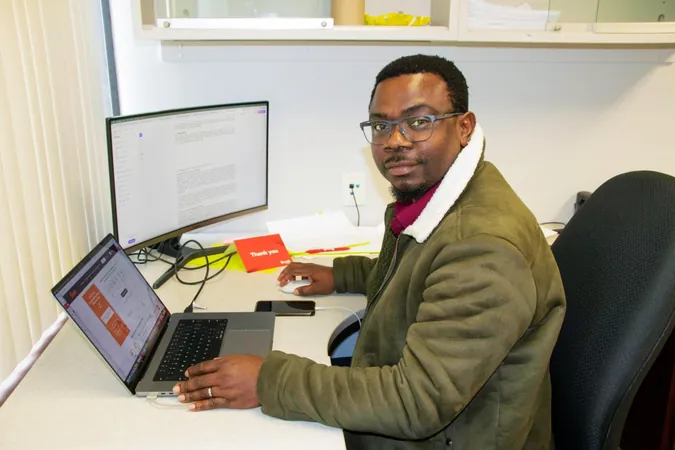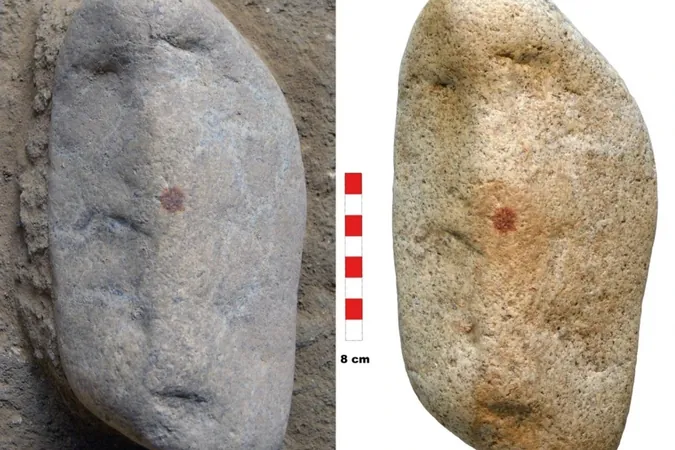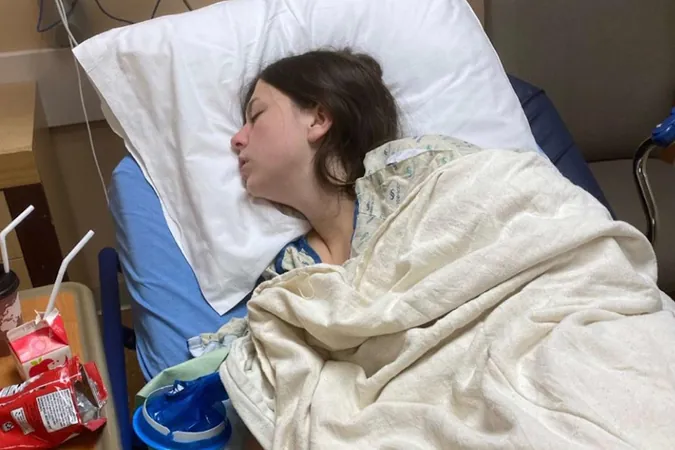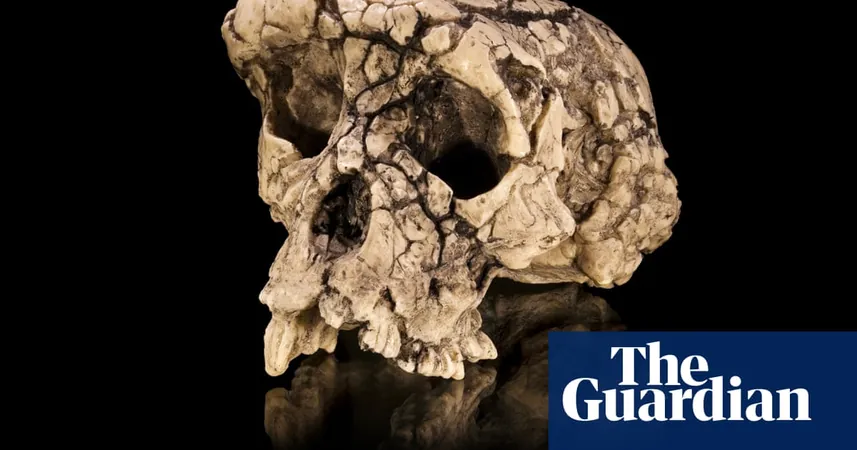
Revolutionary AI Tool Aims to Transform Heart Failure Risk Assessment
2025-05-03
Author: Michael
A Heartfelt Mission: From Loss to Lifesaving Innovation
A profound personal tragedy has ignited a groundbreaking research journey for Blessing Ogbuokiri, an Assistant Professor of Computer Science at Brock University. Inspired by the untimely passing of his mother due to a heart condition, Ogbuokiri is now pioneering an innovative use of artificial intelligence to potentially save countless lives impacted by similar health challenges.
The Cutting-Edge AI Model
Ogbuokiri is in the process of developing a sophisticated machine learning model designed to assess heart failure risks among older patients. His research aims to predict the likelihood of hospitalization or mortality due to heart issues, utilizing advanced algorithms.
"I’m not a medical doctor, but I’m committed to using my expertise in artificial intelligence to tackle heart failure prevention," states Ogbuokiri, who oversees the RAML Lab at Brock.
A Grant Motivated by Personal Experience
With support from Brock University’s newly established Black Scholar Research Grant, Ogbuokiri and his dedicated team are set to make pivotal contributions to health care, especially for Niagara’s aging population. Acting Vice President of Research, Michelle McGinn, emphasized the importance of this project, highlighting Ogbuokiri’s passion for helping patients while honoring his mother's memory.
Data-Driven Predictions
This remarkable project draws upon extensive health data from the Canadian Longitudinal Study on Aging. Ogbuokiri’s team is training their AI model to identify connections among variables such as medical history, smoking habits, socioeconomic factors, and chronic conditions like diabetes.
Once fully trained, the model could deliver insightful predictions, indicating, for example, a patient’s 50% chance of heart failure and subsequent hospitalization.
Empowering Patients and Healthcare Professionals
The ultimate goal is to create an intuitive tool that both patients and healthcare providers can access effortlessly. Such a resource could empower individuals to make critical lifestyle adjustments, while enabling medical professionals to take proactive measures, preventing simultaneous spikes in hospital admissions.
Addressing Disparities in Healthcare
Ogbuokiri's project carries additional significance as it seeks to enhance access to early interventions for patients from Black and equity-seeking communities, who are often disproportionately affected by heart failure. These populations frequently encounter biases that hinder their access to essential healthcare services.
The research team is keenly aware of the dangers of embedding biases within AI models, which can lead to unequal healthcare outcomes. To combat this, they are implementing bias mitigation strategies throughout the data processing and evaluation phases, ensuring equitable performance across diverse demographic groups.
A Hopeful Future
Ogbuokiri’s endeavor not only aims to save lives but also aspires to revolutionize the way heart failure risks are assessed, alleviating healthcare disparities and foster equity in medical treatment.









 Brasil (PT)
Brasil (PT)
 Canada (EN)
Canada (EN)
 Chile (ES)
Chile (ES)
 Česko (CS)
Česko (CS)
 대한민국 (KO)
대한민국 (KO)
 España (ES)
España (ES)
 France (FR)
France (FR)
 Hong Kong (EN)
Hong Kong (EN)
 Italia (IT)
Italia (IT)
 日本 (JA)
日本 (JA)
 Magyarország (HU)
Magyarország (HU)
 Norge (NO)
Norge (NO)
 Polska (PL)
Polska (PL)
 Schweiz (DE)
Schweiz (DE)
 Singapore (EN)
Singapore (EN)
 Sverige (SV)
Sverige (SV)
 Suomi (FI)
Suomi (FI)
 Türkiye (TR)
Türkiye (TR)
 الإمارات العربية المتحدة (AR)
الإمارات العربية المتحدة (AR)